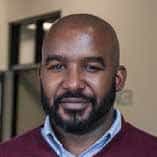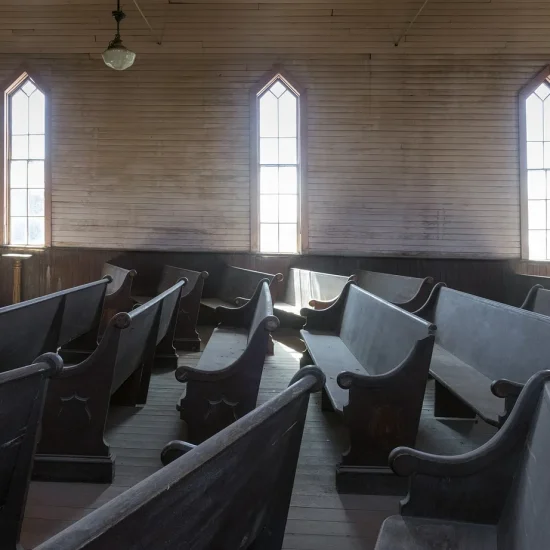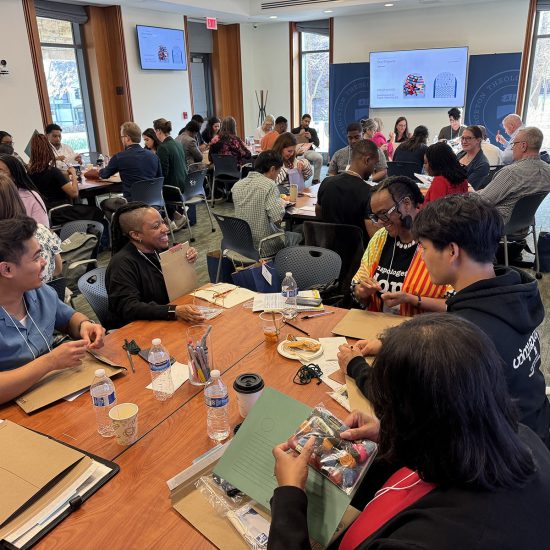
Matthew 9 is one of the turning points of Matthew’s gospel. In the previous chapters, Jesus had done multiple things to verify that he was sent from God to change the world. His reputation as one sent from God led to multitudes following him.

Terrell Carter
At one point, Jesus looked out at the people that were following him and he felt sorry for them because they looked like a flock of sheep without a shepherd.
There is a dual meaning to this phrase “flock of sheep without a shepherd.” First, a shepherd’s existence revolved around improving the lives of their sheep. Jesus understood that God sent him to the world to be the true shepherd that all people needed. Jesus affirmed this by putting the needs of the people that followed him first.
There is also a second meaning that links back to Numbers 27:15-17. Moses was coming to the realization that his time as the leader of God’s people was ending. He prayed that God would send a leader so the people would not be like “sheep without a shepherd.” In response to Moses’s prayer, God elevated Joshua to replace him as leader.
I think the parallel between the two passages is that Jesus was beginning the process of identifying his replacements who would care for God’s people after he was no longer around. Jesus was setting the stage to be able to pass the staff of leadership and caring to other people.
These disciples whom he charged with caring for the early church were an unimpressive motley crew. There was nothing special or significant about any of the disciples named in Matthew 10.
Most of them were unknown or they were known for not so good things. But that was okay because Jesus still called them, trained them, and empowered them to care for God’s sheep and build God’s church. They performed the same miracles as Jesus, and in their own ways fulfilled their commission to shepherd God’s flock.
In thinking about these leaders, I cannot help but laugh because if any of their resumes were sent to a church in today’s world, none of them would likely be called to serve as pastor. Yet they helped to lay the foundation that we all follow.

(Patrick Schneider/Unsplash)
When Jesus extended the call to drop everything and follow him, they answered and obeyed. They took the metaphorical shepherd’s staff from Jesus and led God’s people as the Church grew.
In many ways, we are the new disciples, and the staff of caring and healing has been passed to each of us now. God has extended this undeniable call to all of us who claim God as Father and Jesus as Savior.
Like the disciples named in Matthew 10, that call is to embody the gospel, the good news that God does not want people to be sick or hungry or alone or feel like they do not belong. God wants people to know that they have been invited to become a part of God’s family. It is our privilege to walk with them as they come to this realization.
Terrell Carter is vice president of community life and chief diversity officer at Greenville University in Greenville, Illinois, community team leader for Churchnet, and pastor of Webster Groves Baptist Church in Webster Groves, Missouri.






